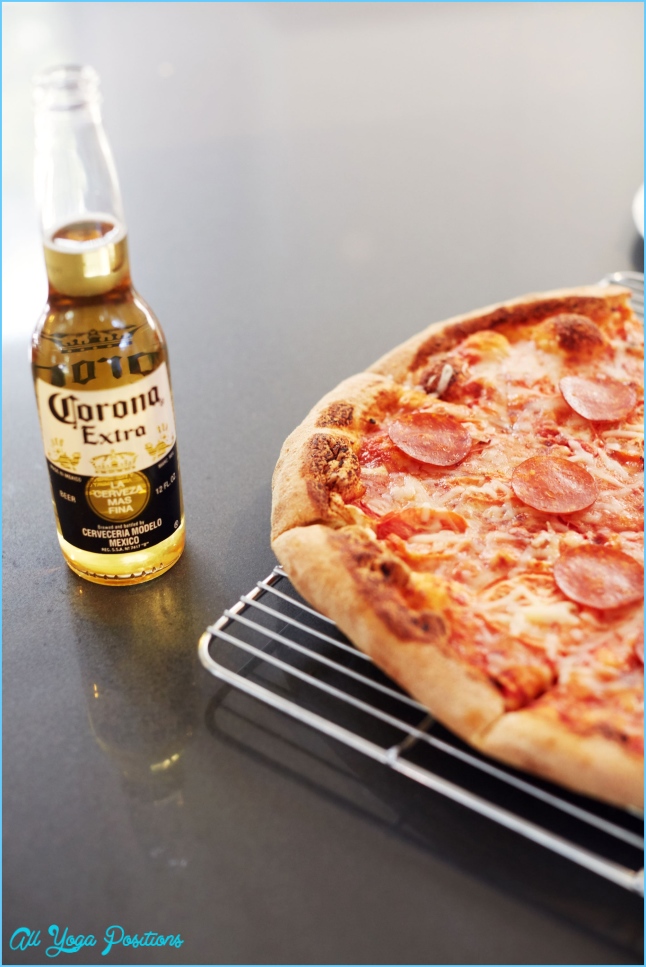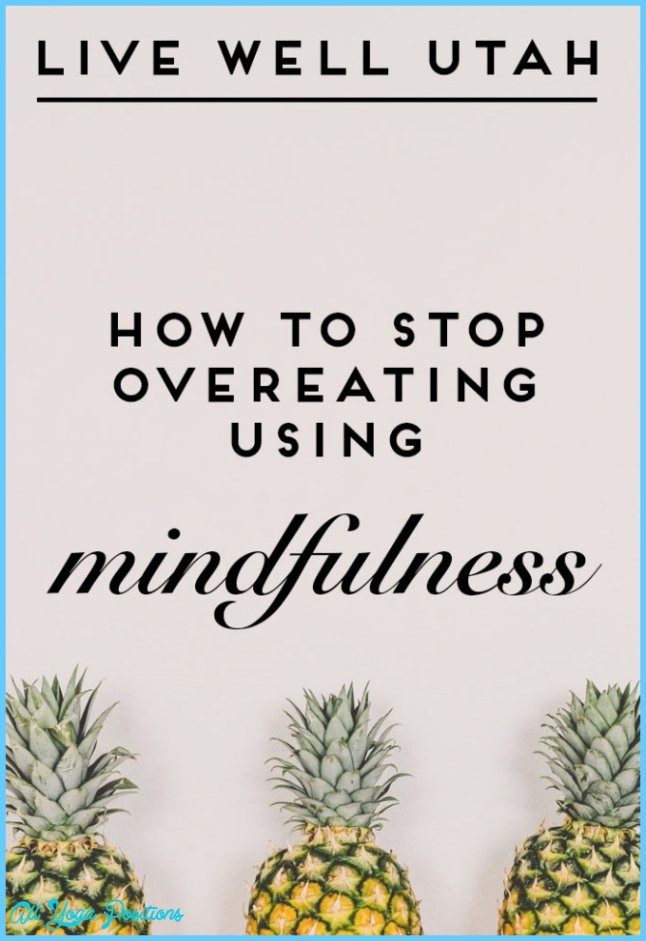WHY DO WE OVEREAT?
It’s a question you probs ask yourself while going for that extra piece of chocolate – every night. We know it’s not good for our health, so what makes us do it? As habitual as overeating might seem today, human beings haven’t always naturally felt the need to eat more than they needed. Changes in our food environments have greatly affected the relationships we have with food. In the book The Hungry Brain by Dr Stephan J Guyenet (Flatiron Books, $55.99), Guyenet explores the science behind overeating, why eating habits have changed over the years and how the brain plays a massive role in determining what and how we choose to eat. He describes “evolutionary mismatch”, where traits that were once useful have become potentially harmful. When the difference between dying and surviving was eating excessive amounts of food, overeating would have been beneficial. But while the survival circuits in your brain telling you to overeat have remained, the environment we live in has changed drastically.
How to Stop Overeating Photo Gallery
OUTSIDE THE CAVE
We’ve gone from having to hunt for our food to having the world’s cuisines at our fingertips. “In caveman days, when starvation was a real threat, our ancestors’ brains were hardwired to eat whenever they could,” says weight-loss specialist Sandra Roycroft-Davis, who assesses the way our relationship with food has evolved over time. “Modern brains don’t understand that supermarkets have put an end to famine in the first world.” Although we comprehend that we no longer have to struggle to obtain food like our ancestors did, the brain’s survival instincts still subconsciously signal that we need to eat more than is necessary to survive.
The brain isn’t always a rational source of information, and Guyenet explains that this constant conflict between the conscious brain and the subconscious brain illustrates why we tend to overeat even when we don’t want to. The brain responds to particular foods in certain ways, too. “There is a reward system in our brain, which tells us when we eat, we are doing something right,” says CBT specialist Kim Hoskins. “It releases feel-good chemicals such as dopamine, which are interpreted by the brain as pleasure. Brain scans have demonstrated that when people eat food rich in carbs, it lights up the same areas as alcohol and drugs do.” Wondering why you always reach for that last slice of pizza even when you’re stuffed? Take note! We often overeat because our nonconscious brain is impulsive, responding intuitively to specific food properties such as sugar, salt and fat.
THE ROOT OF THE PROBLEM
If you’ve ever reached for the ice-cream after a bad day, you’ll know that emotions play a role here, too. “There is a huge emotional element to overeating, as we so often swallow emotions with food,” says international nutritional therapist and eating psychology coach Claudia le Feuvre. “This may be completely unconscious, and that’s where mindless eating also plays a huge role.” Stress can have a huge impact on your brain’s functionality, and this can have a domino effect on your eating patterns. When we’re feeling down, resorting to unhealthy food as a source of comfort is often automatic. With so many foods readily available, a one-off can easily become a regular eating routine. “Takeaway and convenience foods have become the norm for busy people,” says Roycroft-Davis. “Everyone is far more stressed than they used to be, and studies show people’s food choices change when they’re stressed.”
MAKE A CHANGE
Breaking out of habits can be tricky, but it is possible. Admitting that you’re actually overeating is the first step. Next is actively making an effort to change. It’s way easier said than done, but tiny tweaks will gradually have long-lasting impact on your overall wellbeing. “Keeping notes of what you eat and drink each day in a food and mood diary can really help you focus on what’s working for you, and identify any unhelpful habits and potential areas for change,” says Hoskins. “Identify the situations, thoughts and feelings linked to using food other than for physical hunger, which can help you develop alternative ways of dealing.” It’s not just what you eat that you need to become aware of, but also the way you eat. “There can be a disconnect with appetite and the key is to slow down,” says le Feuvre. “Slowing down and being present can help you become more aware of not just how much you’re eating, but also how your body is responding. Give yourself time for the satiety mechanisms to kick in so you can feel the fullness.” Really tuning in at each meal and becoming aware of when your body is full can make all the difference. Switch off your phone or TV so you can focus on your plate and how your body feels with each bite.






